International Scientific Conference
Baltic Applied Astroinformatics and Space Data Processing (BAASP 2025)
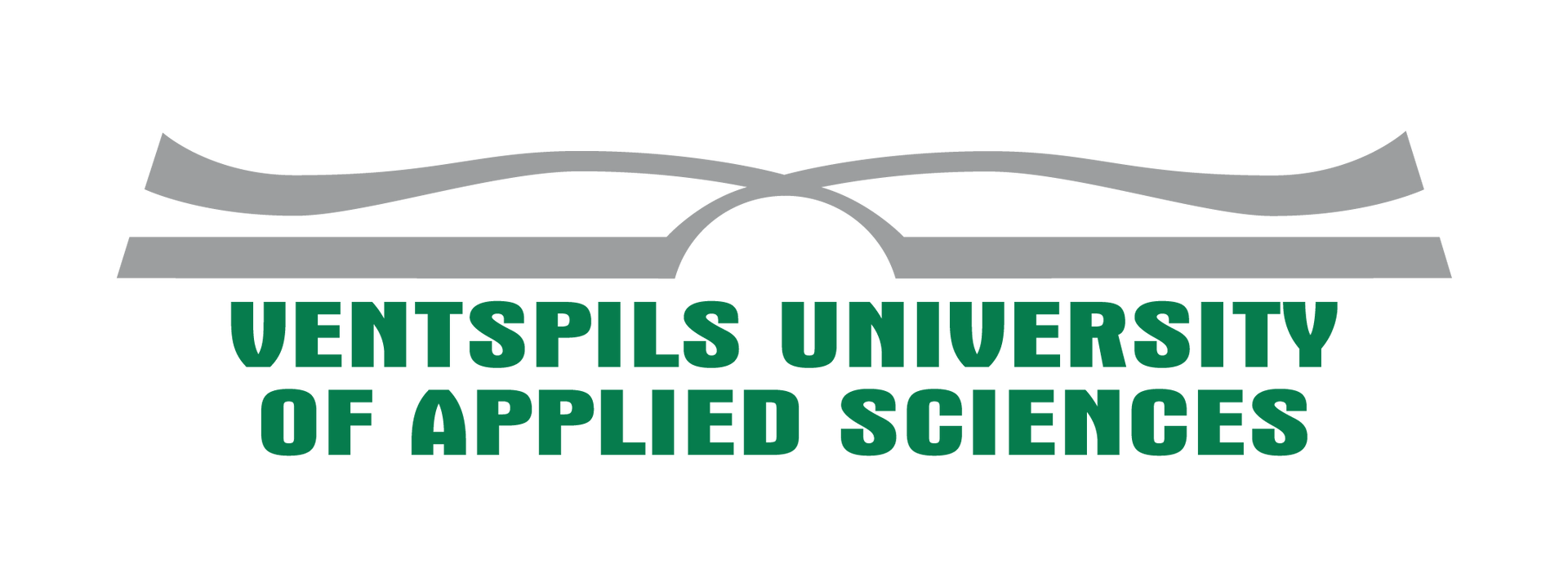

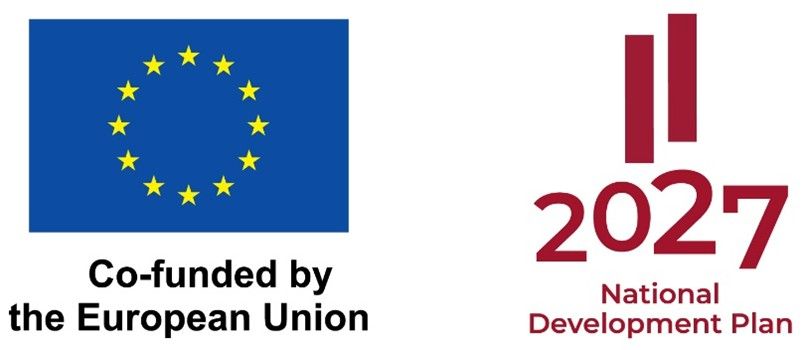
Ventspils University of Applied Sciences
Inženieru iela 101, Ventspils, LV-3601, Latvija
November 12th – 13th, 2025
About the Conference
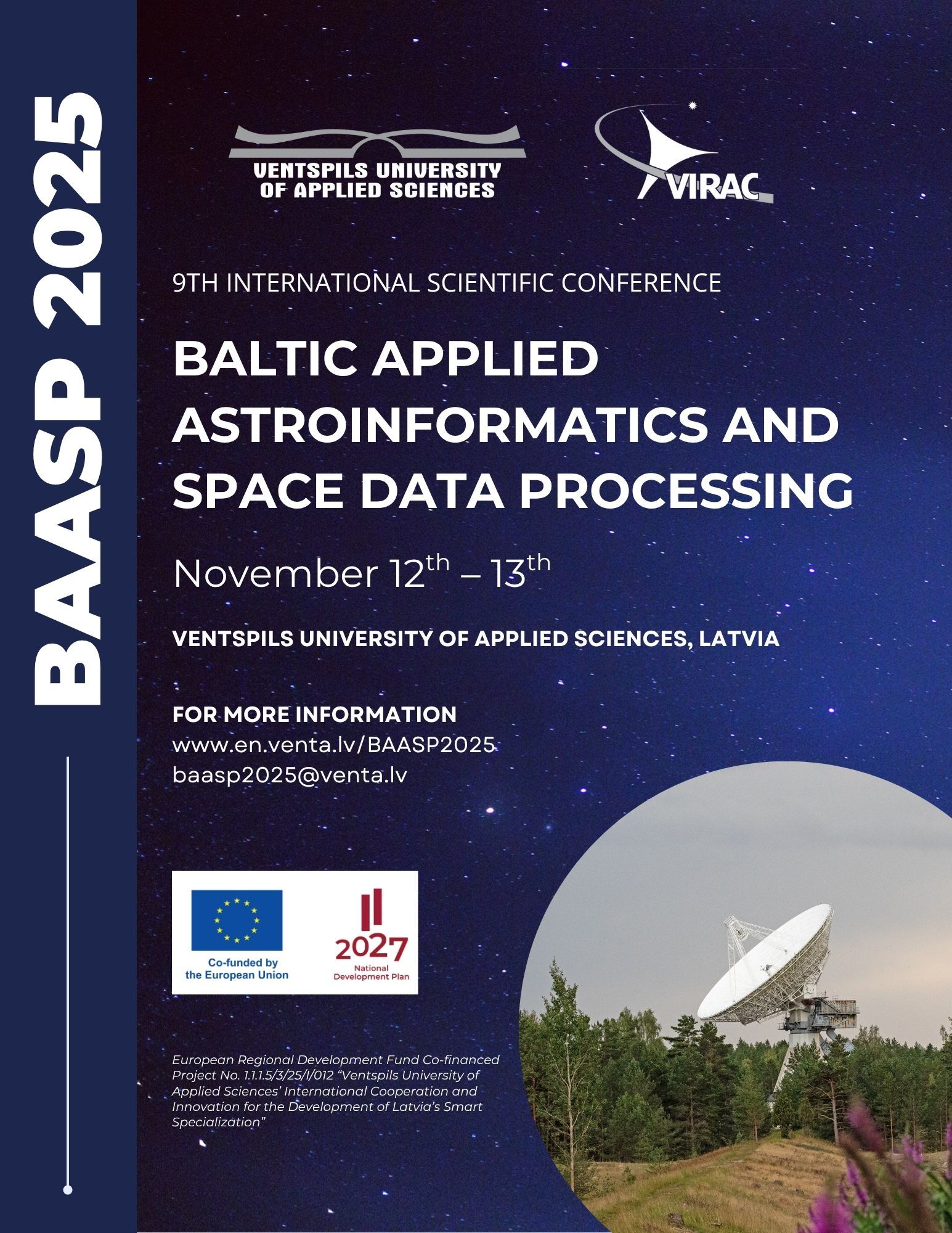
We invite you to participate in the 9th International Scientific Conference “Baltic Applied Astroinformatics and Space Data Processing” (BAASP), which will be held November 12th – 13th, 2025, organized by the Engineering Research Institute “Ventspils International Radio Astronomy Centre” of Ventspils University of Applied Sciences. The conference will take place in-person. The participation fee is 100 €.
Aim of the BAASP Conference Cycle
The BAASP Conference Series serves as a platform for establishing and strengthening cross-border partnerships and knowledge exchange internationally in the Baltic region and globally. These conferences unite
astronomers, space researchers and engineers, as well as experts in related disciplines including
informatics, electronics, satellite technologies, geodesy, remote sensing, and environmental sciences.
Conference Theme
Space science is increasingly driven by the Big Data requiring robust data acquisition, management, processing, and interpretation capabilities. The interdisciplinary nature of astroinformatics combines space science with high-performance computing, AI, and machine learning, leading to breakthroughs in observational astronomy, satellite technologies, and Earth-space interactions.
In recent years, Europe has continued to play an important role in next-generation astronomy. The continued expansion of the Low Frequency Array (LOFAR), antenna array telescope network across the continent, including the Baltic region, has enabled high-resolution studies of cosmic magnetism, solar activity, and transient radio phenomena. The European VLBI Network (EVN) has further enhanced its real-time e-VLBI capabilities and broadband sensitivity, with support from UK-based facilities such as Jodrell Bank and e-MERLIN. These advancements have contributed significantly to the precise localization of fast radio bursts and compact extragalactic sources.
Technical developments also facilitate automated, rapid-response observation modes, which are essential to advancing multimessenger astronomy. This emerging field integrates radio, optical, gravitational wave, and neutrino data to probe energetic cosmic events such as neutron star mergers and magnetar outbursts.
Concurrently, breakthroughs in AI-driven data mining, edge computing for satellite payloads, and quantum-enhanced algorithms are opening new frontiers in real-time analysis and autonomous decision-making for both Earth observation and deep-space missions. Meanwhile, the growing use of CubeSats and modular satellite platforms is reshaping the landscape of low-cost, high-impact space research, demanding new models for data integration, security, and interoperability across domains.
BAASP 2025 will continue the dialogue on how emerging technologies transform astronomy, space science, geoscience, and remote observation.
Invited key note speakers
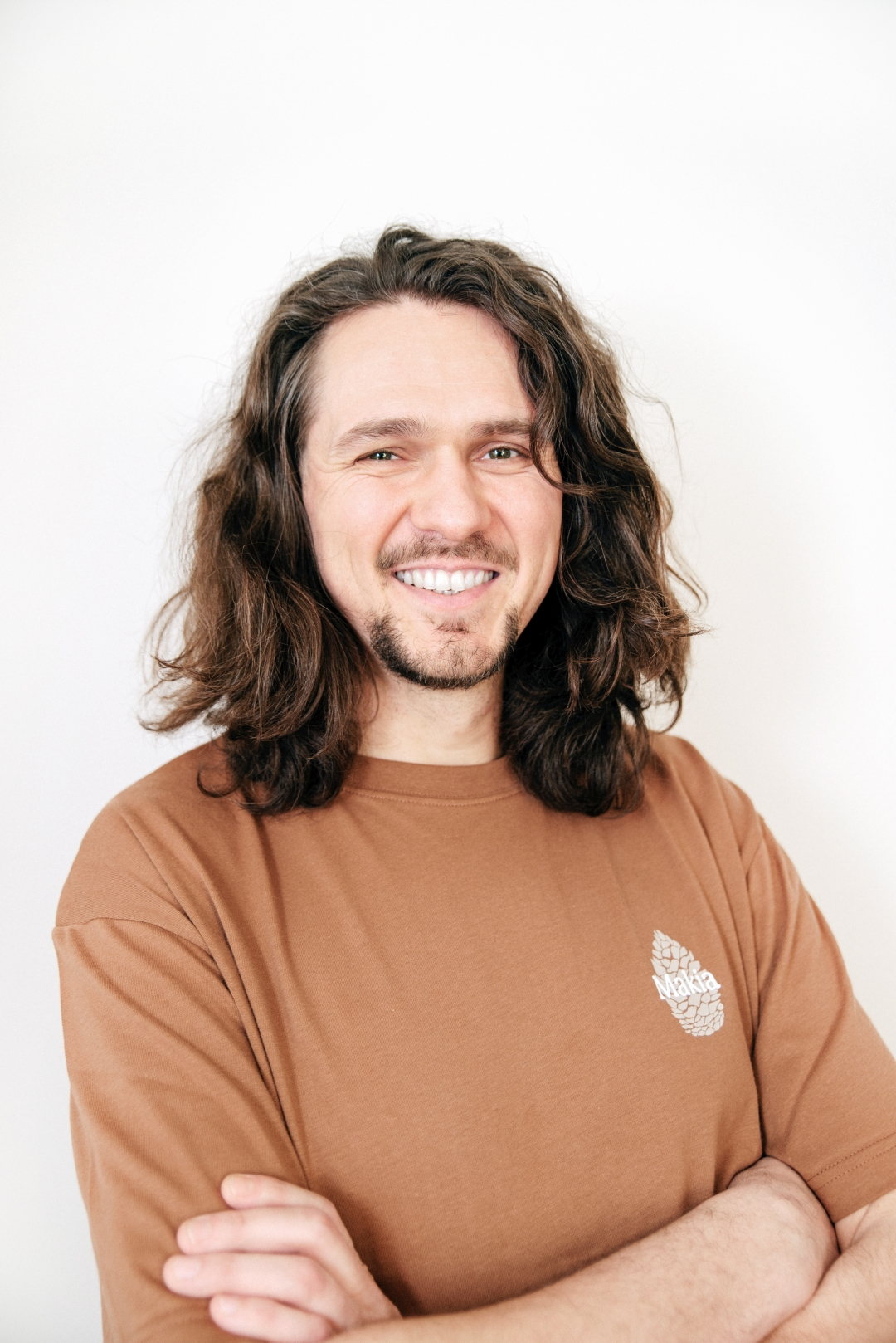
Andris Slavinskis has worked at UT Tartu Observatory since 2012 developing career from PhD student to Associate Professor. He has been active in ESTCube-1 and ESTCube-2 missions as well as the Comet Interceptor OPIC instrument. Currently he leads the MSCA Doctoral Network E-Sailors and the ESTCube-LuNa mission concept to demonstrate the electric sail in the solar wind of lunar orbit. Slavinskis is also a Co-Founder and System Architect at Nanocraft SIA and a Professor at Riga Technical University.
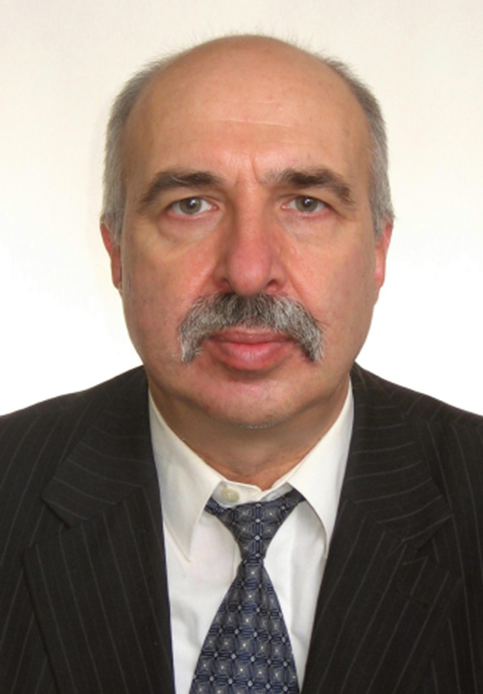
Oleg Ulyanov is a radio astronomer and Head of the Decameter Radio Astronomy Department at the Institute of Radio Astronomy of the National Academy of Sciences of Ukraine in Kharkiv. He graduated from the Kharkiv Institute of Radio Electronics in 1982. From 1983 to 1986, he was a postgraduate student first at the Institute of Radiophysics and Electronics and later at the Institute of Radio Astronomy of the National Academy of Sciences of Ukraine, where he completed his postgraduate studies. He received his PhD in Astrophysics and Radio Astronomy in 1999.
His main research interests include astrophysics, radio astronomy, and radio engineering. He is the author and co-author of more than 150 scientific papers and a member of the International Astronomical Union since 2010. Dr. Ulyanov has coordinated several international projects, including the modernization of the 32 m radio telescope in Zolochiv, and currently leads the Ukrainian team in the Horizon Europe project ACME. He is a laureate of the S. Ya. Braude Prize (2017) and the State Prize of Ukraine in Science and Technology (2018).

Ilya Usoskin is a professor of Space Physics and Head of the Oulu Cosmic Ray Station at the University of Oulu in Finland. He graduated from the Leningrad Polytechnic in 1988, got a PhD in Astrophysics from the Ioffe Physical Technical Institute in St. Petersburg in 1995. In 1997–1999, he worked as a postdoc at INFN Milano (Italy), and since 2000, at the University of Oulu (Finland).
His main field of expertise includes Cosmic-Ray Physics, Solar Physics, and Geophysics. Throughout his career, he received many prestigious awards and merits, including Knighthood of the Order of the Lion of Finland (2013); Julius Bartels medal of the European Geoscience Union (2018); and Vice-presidency of the International Astronomical Union (2021–2027).
Scope of the Conference
BAASP 2025 will focus on both fundamental and applied research, with the following key areas (pannels):
- Astrophysics & Radio Astronomy: Observational data acquisition, processing, interpretation and theoretical modelling of astrophysical processes.
- Near-Earth Space Research: Studies of solar-terrestrial interactions, space weather, and anthropogenic impacts on near-Earth environments
- Space Technologies: Developments in satellite systems, communication technologies, space instrumentation, and advanced front-back-end solutions in radio astronomy. Processing and interpretation of data from Earth observation, planetary missions, and solar system object monitoring, supporting both scientific inquiry and societal applications.
Working languages
English
Publication Opportunities
We intend to provide publishing opportunities for selected papers in peer-reviewed journals that are indexed in SCOPUS and WoS. An additional publishing fee may be requested.
Venue
Ventspils University of Applied Sciences
Inženieru 101, Ventspils, Latvia
IMPORTANT DATES
| First announcement | Jul 08 |
| Second announcement; registration and abstract submission opened | Aug 08 |
| Abstract submission closed (final submission deadline) | Oct 13 |
| Abstract acceptance | Oct 17 |
| Registration closed | Oct 26 |
| 3rd Announcement and preliminary program | Nov 07 |
| Conference BAASP | Nov 12 – 13 |
| Submission of conference manuscripts for publication closed | Jan 11, 2026 |
SCIENTIFIC ORGANISING COMMITTEE
| Dr. phys. Ivar Shmeld | Ventspils University of Applied Sciences | Latvia |
| Ph.D. Artis Aberfelds | Ventspils University of Applied Sciences | Latvia |
| Dr. Dainis Dravins | Lund Observatory | Sweden |
| Dr.phys. Ilgmārs Eglītis | University of Latvia | Latvia |
| Dr. Marcin Gawroński | Nicolaus Copernicus University in Toruń | Poland |
| Prof. Leonid Gurvits | Delft University of Technology, Academician IAA | The Netherlands |
| Ph.D. Juha Kallunki | Helsinki Metropolia University of Applied Sciences | Finland |
| Dr. phys. Juris Kalvāns | Ventspils University of Applied Sciences | Latvia |
| Dr.sc.ing. Janis Kaminskis | Riga Technical University | Latvia |
| Dr. phys. Dmitrii Kolotkov | University of Warwick | United Kingdom |
| Dr. Mikhail Ryabov | Radio Astronomical Institute National Acad. Sci. | Ukraine |
| Dr. Phys. Boris Ryabov | Ventspils University of Applied Sciences | Latvia |
| PhD. Andris Slavinskis | Riga Technical University | Latvia |
| Prof. Agnieszka Slowikowska | Joint Institute for VLBI ERIC | The Netherlands |
| Dr. Jelena Tamuliene | Vilnius University | Lithuania |
| Ph.D. Oleg. Ulyanov | Institute of Radio Astronomy National Acad. Sci. | Ukraine |
The Conference is co-finansed by the Project “Ventspils University of Applied Sciences` International Cooperation and Innovation for the Development of Latvia’s Smart Specialisation”, Project No: 1.1.1.5/3/25/I/012

